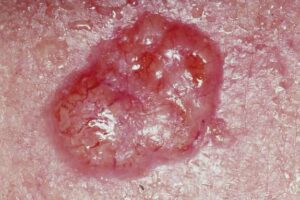 If there is no data about something, then there is no problem because there is no data that says whether there is a problem or not. Duh... It's the new official US government policy (ignorance is bliss!), whether there is a government shut-down or not.
If there is no data about something, then there is no problem because there is no data that says whether there is a problem or not. Duh... It's the new official US government policy (ignorance is bliss!), whether there is a government shut-down or not.
Unfortunately, in 2025 the US has stopped data collection and actually eliminated many departments and sites that have been collecting information - whether diseases, losses due to major disasters (which are increasing due to climate change), toxics and pollutants in our air and water, and even how much carbon dioxide is in the air.
The US government announced in 2025 that it would close the Mauna Loa observatory (the Global Monitoring Laboratory) that measures carbon dioxide in the air. Carbon dioxide levels have been steadily increasing since measurements started, due to the burning of fossil fuels (climate change!). Well, with the government shutdown, this is what one sees when going to the site: Nothing much. Many of the old measurements are no longer there, as well as nothing new being graphed.
Luckily, at this point not all data has been removed. As you click through the site, can still see that in August 2025 the carbon dioxide levels were 425.48 ppm and that 10 years ago the weekly level was 398.62 ppm. It's going up year by year.
From Global Monitoring Laboratory: Trends in Atmospheric Carbon Dioxide (CO2)




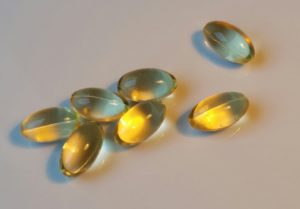 For years the medical advice has been that when taking vitamin D supplements, make sure it is the vitamin D3 form and not vitamin D2. The reasons given are that vitamin D3 is absorbed better and has more health benefits. A recent
For years the medical advice has been that when taking vitamin D supplements, make sure it is the vitamin D3 form and not vitamin D2. The reasons given are that vitamin D3 is absorbed better and has more health benefits. A recent 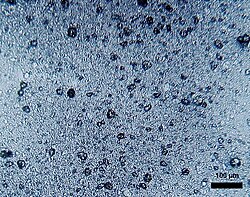
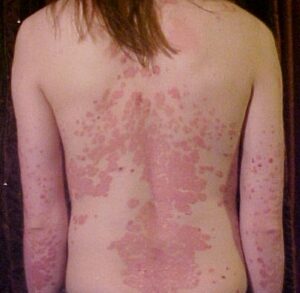
 The Mediterranean diet is rich in fruits, vegetables, whole grains, seeds, nuts, legumes, fish, and olive oil. In the study's Mediterranean diet group, the participants were not only given nutritional advice, but also a weekly provision of extra virgin olive oil. This diet is anti-inflammatory, which is why it may be so beneficial to those with psoriasis.
The Mediterranean diet is rich in fruits, vegetables, whole grains, seeds, nuts, legumes, fish, and olive oil. In the study's Mediterranean diet group, the participants were not only given nutritional advice, but also a weekly provision of extra virgin olive oil. This diet is anti-inflammatory, which is why it may be so beneficial to those with psoriasis.
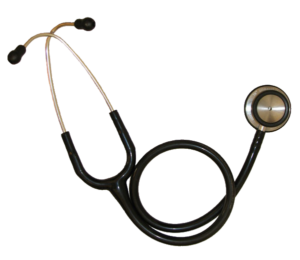 It's what many suspected. Once private equity firms take over a hospital, patient care suffers.
It's what many suspected. Once private equity firms take over a hospital, patient care suffers.